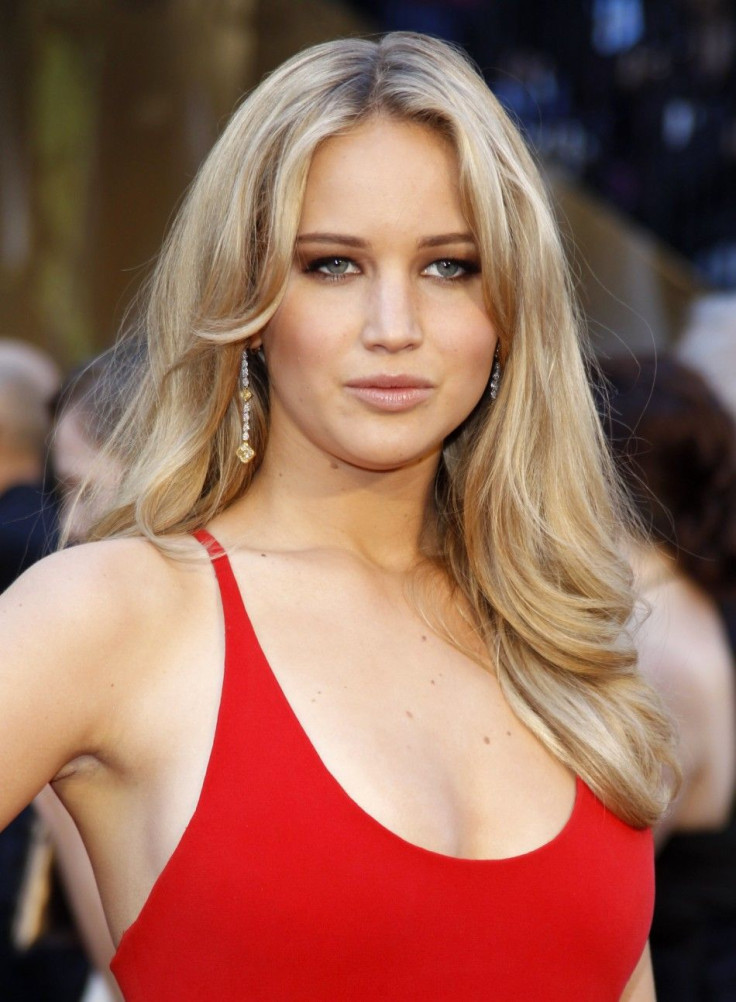Leaked Jennifer Lawrence Photos Inspire New 4Chan Take Down Policy

Message board 4Chan is instituting a takedown policy after the latest hacking scandal in which private nude photos were stolen from Jennifer Lawrence, Kate Upton and other celebrities and posted on the controversial site. It’s unlikely, though, that the new policy will make any difference in preventing similar privacy violations.
The site announced Tuesday that it had registered for protection under the Digital Millennium Copyright Act, meaning 4Chan is now a point of contact for copyright owners who believe that their content is being infringed upon. Christopher Poole, 4Chan’s founder who’s better known as “moot,” previously told the Washington Post that almost all of the site’s content is deleted within hours or days because so many of the images present such a liability.
“It’s one of the few sites that has no memory. It’s forgotten the next day,” he said. “I don’t have resources like YouTube to deal with a $1 billion lawsuit with Viacom. Don’t store what you absolutely don’t need. People are predisposed to wanting to store everything.”
Now, in the wake of the international condemnation that rained upon 4Chan for facilitating the spread of the naked pictures, the website has published a procedure for copyright owners wishing to have their content removed. The steps, as published by 4Chan, are as follows:
1. A physical or electronic signature of a person authorized to act on behalf of the owner of the copyright that has been allegedly infringed;
2. Identification of works or materials being infringed;
3. Identification of the material that is claimed to be infringing, including information regarding the location of the infringing materials that the copyright owner seeks to have removed, with sufficient detail so that Company is capable of finding and verifying its existence;
4. Contact information about the notifier including address, telephone number and, if available, email address;
5. A statement that the notifier has a good faith belief that the material is not authorized by the copyright owner, its agent, or the law; and
6. A statement made under penalty of perjury that the information provided is accurate and the notifying party is authorized to make the complaint on behalf of the copyright owner.
The 4Chan policy would hardly stop another such "fappening" (a combination of “happening” and “fap,” which is slang for masturbation), however, as many of the victimized actresses have begun to discover. A representative for Lawrence has sought to have pictures of the star removed from shady websites, only to be told that she probably doesn’t hold the copyright to the images because she wasn’t the person who took many of them. That same rationale would make it possible for 4Chan to keep pictures of a naked Lawrence online at least until the original photographer compelled the page to take them down.
The initial anonymous post that included links to the celebrity images was quickly removed from 4Chan, although the pictures themselves still went viral when voyeurs saved the NSFW images and replicated them elsewhere.
© Copyright IBTimes 2025. All rights reserved.





















